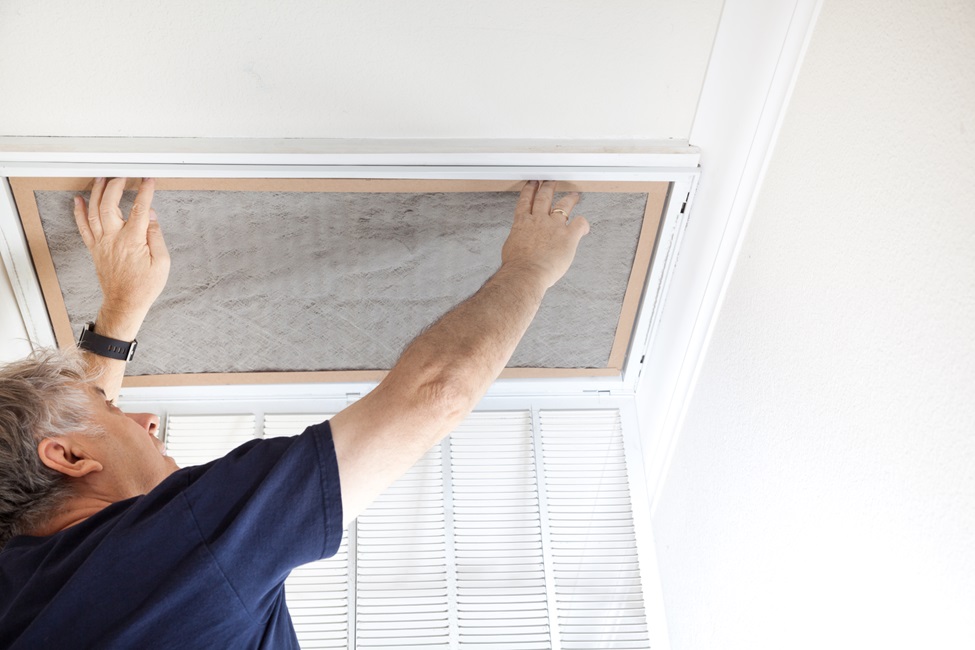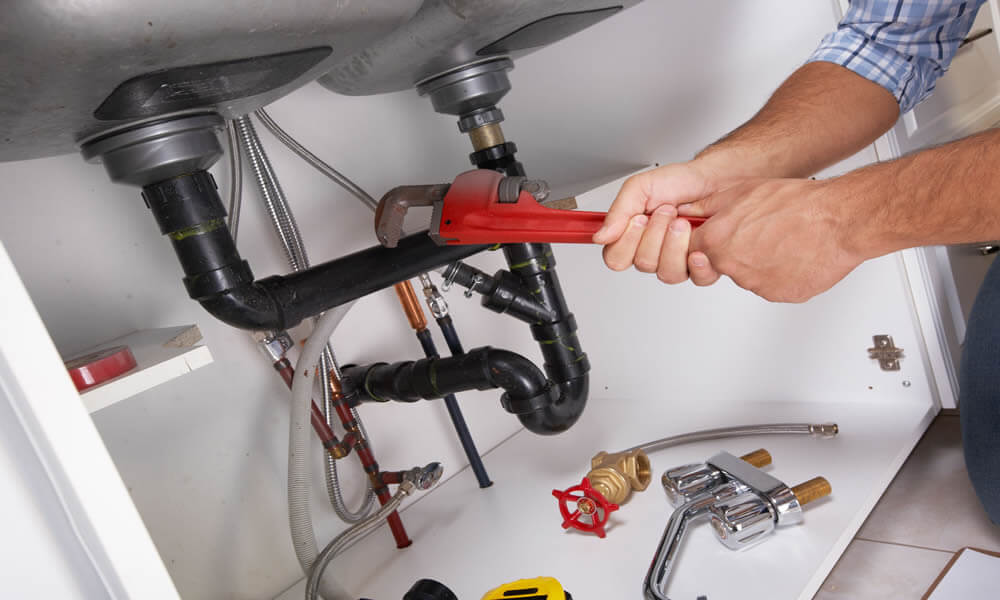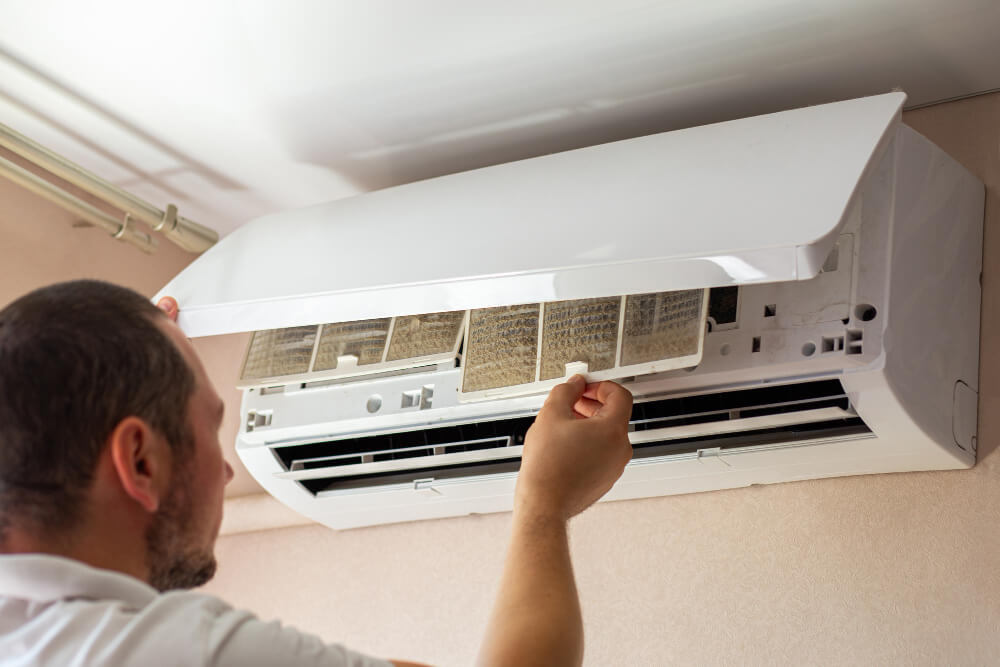For homeowners, the central air conditioning (AC) system is a silent hero, dutifully cooling down living spaces during those relentless summer days. Yet, even the most efficient machines have their limits, and knowing when it’s time to hire a central AC repair in Wilmington can be a pivotal financial and comfort-based decision. This guide will walk you through the factors to consider, helping you make an informed choice about your home’s summertime savior.
Understanding the Average Lifespan of Central AC
Central AC systems are a significant investment for homeowners, with an average lifespan of 15-20 years. However, this can vary depending on several factors, including regular maintenance, usage patterns, and climate. For example, in hot and humid regions where the AC is used for extended periods throughout the year, its lifespan may be shorter.
Signs That Your Central AC Needs Repair
If your central AC is relatively new, it may be more cost-effective to repair than replace. However, if you notice any of the following signs, it’s essential to address them promptly before they escalate into more significant and expensive issues:
- Unusual noises coming from the unit
- Uneven cooling in different rooms
- Excessive humidity or moisture around the unit
- Higher energy bills without a change in usage patterns
- Frequent breakdowns and repairs
If you experience any of these issues, it’s best to consult a professional HVAC technician to assess the problem and determine if repairs are necessary. Timely maintenance can extend the life of your central AC and save you from the inconvenience and expense of a replacement.
When is it Time to Replace Your Central AC?
While regular maintenance can prolong the lifespan of your central AC, there comes a time when repairs are no longer cost-effective. Here are some signs that indicate it might be time for a replacement:
- The unit is over 15 years old.
- Frequent breakdowns and costly repairs are becoming the norm.
- High energy bills despite proper maintenance and usage patterns.
- Difficulty getting replacement parts due to the unit’s age.
In such cases, investing in a new central AC system may be a more cost-effective and efficient option in the long run.
Ultimately, deciding to repair or replace your central AC depends on several factors and personal preferences. Regular maintenance is crucial in extending the lifespan of your unit, but when repairs become too frequent and costly, it may be time for a replacement. Consult a professional HVAC technician to assess your unit’s condition and make an informed decision that suits your needs and budget.




